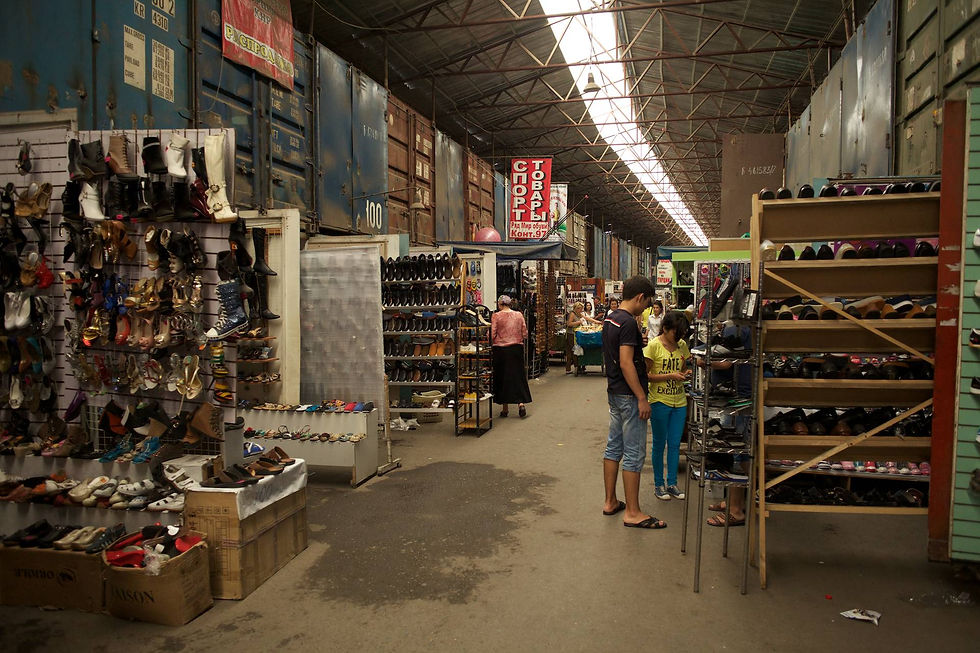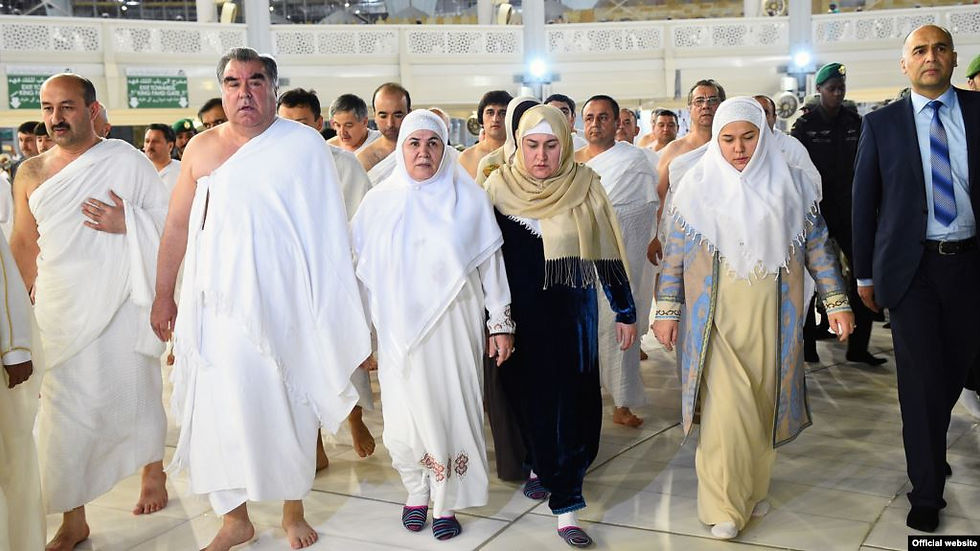The New Silk Highway
- centralasiareview
- Dec 5, 2019
- 3 min read
Updated: Dec 9, 2019
An unfolding customs scandal in Kyrgyzstan is demonstrative of how informal politics enable smuggling networks to exist across the whole region

(A Wanted Poster for Saimaiti. Source: OCCRP)
This article relies heavily on a series of reports done by OCCRP. We strongly recommend reading the whole series to get a better idea of the complexity, and scale of the case discussed. You can find the series here, and a podcast whereby reporters discuss the findings here.
How a smuggling network spanning the whole of Eurasia and the Middle East has revealed the entrenchment of informality into the globalised economy.
The Bazaar – a large open plan market ubiquitous in Central Asia – is the lifeblood of the Kyrgyz economy. World Bank estimates suggest that the Dordoi bazaar alone amounts to a third of the whole country’s GDP. Naturally, trade in such bazaars relies on many complex and unwritten rules, ethnicity, clans and tradition intersecting in an almost impenetrable manner. However, a recent investigation by OCCRP, Radio Free Europe and Kloop has shown how integration of these informal markets into the global economy has led to a vast network of corruption.
Aierken Saimaiti was, until recently, simply regarded as a car rental agent. This all changed when we was shot in a cafe in Istanbul and revealed to be the source of a number of leaked documents, pertaining to how $700m had been laundered out of Kyrgyzstan, at the behest of the Chinese-born Uighur businessman Khabibula Abdukadyr. For one of the poorest countries in the world – ranked 145 out of 181 by the World Bank, this is an astronomical amount of money. The documents describe how Abdukadyr would smuggle falsely labelled Chinese goods into to avoid customs charges Kyrgyzstan, where they would be repackaged and exported into more lucrative markets in Central Asia, Russia and beyond. Saimaiti would then fly the money – always US dollars – out of the country and into European bank accounts or Middle Eastern retail investment.

(Dordoi Bazaar, in Kyrgyzstan. Source: The Other Image)
To truly understand the scale of the corruption an understanding of how informality continues to shape life in the Central Asian states is essential. The relationship between Saimaiti and Abdukadyr would be impossible if it were not for their shared Uighur heritage. The elaborate patronage network, which allegedly reached all the way to Raimbek ‘Raim Millions’ Matraimov, the former Kyrgyz deputy head of the customs service, had infiltrated customs officers across the whole region. The smuggling empire relied on networks that spanned national borders, often reaching the highest levels of Government. For example, Abdukadyr relied on links with Timur Tillyaev, son-in-law of the late Islam Kamirov, the previous Uzbek President, in establishing his bazaar in Uzbekistan. Similarly, Abdukhadyr was photographed at Krgyz President Sooronbay Jeenbekov’s inauguration. As our report on Tajikistan shows, business and political elites within Central Asia are often well integrated and OCCRP argue that such widespread corruption wouldn’t be possible without support at the highest levels.

(Raimbek Matraimov with various other senior Government officials on an away day.
Saimaiti’s leaked document reveal how globalisation of trade has cemented informality practices across the region. Patronage networks, the mislabelling of goods, the transport of foreign currency and ethnicity based relationships are demonstrative of how informal practices – ‘ways of getting things done’ – have become firmly enmeshed into the global economy.

Comments